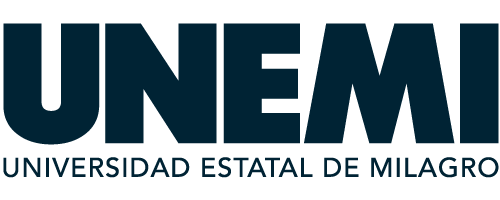Creating Fiscal Space for Poverty Reduction in Ecuador [electronic resource] a Fiscal Management and Public Expenditure Review.
Material type: TextSeries: World Bank country study | Document of the World Bank and the Inter-American Development Bank | World Bank e-LibraryPublication details: Washington, DC World Bank Inter-American Development Bank ©2005.Description: 1 online resource (xxxiv, 243 pages) ilustracionesContent type:
TextSeries: World Bank country study | Document of the World Bank and the Inter-American Development Bank | World Bank e-LibraryPublication details: Washington, DC World Bank Inter-American Development Bank ©2005.Description: 1 online resource (xxxiv, 243 pages) ilustracionesContent type: - 9780821362563
- 0821362569
- 0821362577
- 9780821362570
- Financiar, public -- Ecuador
- Asistencia económica, domestica -- Ecuador
- Pobreza -- Government policy -- Ecuador
- Politica de gasto del gobierno -- Ecuador
- Política fiscal -- Ecuador
- Negocios economicos -- Public Financiar
- Asistencia económica, domestica
- Financiar, public
- Política fiscal
- Politica de gasto del gobierno
- Pobreza -- Government policy
- Ecuador
- Samfundsvidenskab Økonomi
- 336.866 22
| Item type | Current library | Call number | Status | Notes | Date due | Barcode | |
|---|---|---|---|---|---|---|---|
|
|
CRAI UNEMI U.A.C. Educación (FACE) | 010 (Browse shelf(Opens below)) | Available | Hilera: IDIOMA 1 | Percha: Bibliografía | 10027 |
Includes bibliographical references (pages 239-243).
Print version record.
Annotation Ecuador's impressive fiscal performance of 2003 is encouraging, but fragile. Several structural bottlenecks could impede fiscal discipline and recovery, which is a pre-condition to develop a poverty reduction agenda. Tax earmarkings and exemptions and an expansive payroll and pensions bill have reduced to a minimum the available fiscal space for development needs. Reversing poverty trends is critical for the country's stability, and this can only be achieved with well-targeted, effective and efficient pro-poor programs. The status quo is not an option for poverty reduction.Preserving a sound fiscal position and deepening positive social outcomes is well within reach. Among the country's many strengths are: a prolonged oil windfall; the existence of and compliance with fiscal rules; decreasing arrears that should fully disappear in 2004, substantive progress on social outcomes despite decreasing budgets; and a series of on-going reforms on budget management.If reforms are to succeed, they have to be pro-poor. Ecuador's fiscal stress and poor budget management is deeply rooted in a governance system benefiting the elites, be it reflected on pro-rich subsidies, especially on basic infrastructure; off-budget operations that prevent transparency and foster corruption, or regressive transfers to subnational governments explained by partey politics. The challenge for the Government is to provide more effective, efficient, sustainable and equitable assistance to the poor.
There are no comments on this title.

